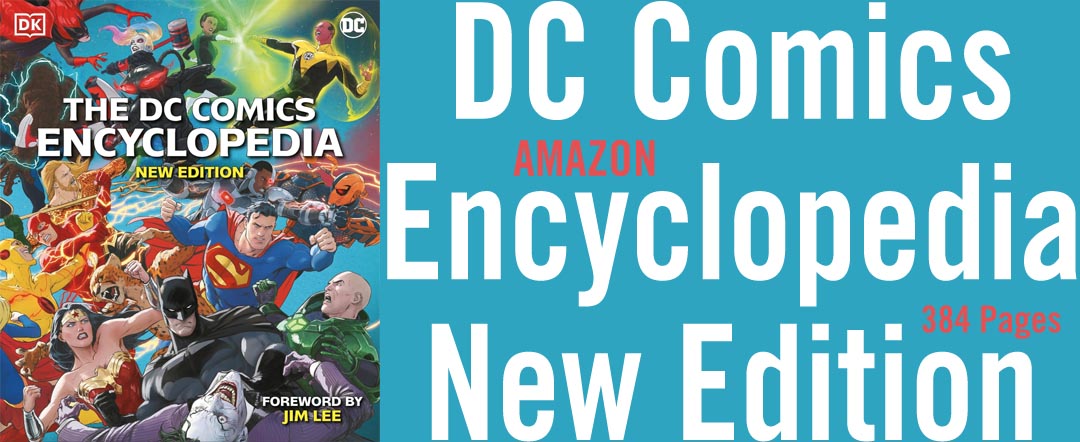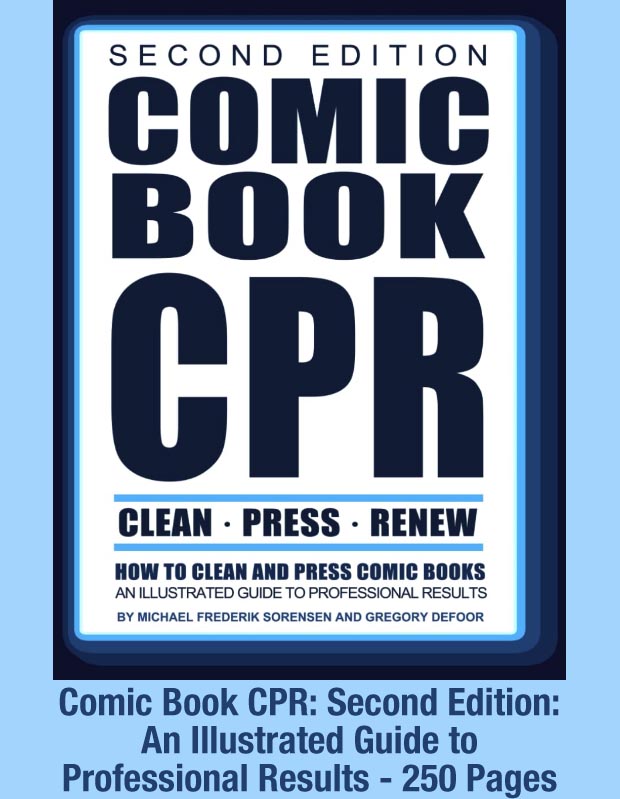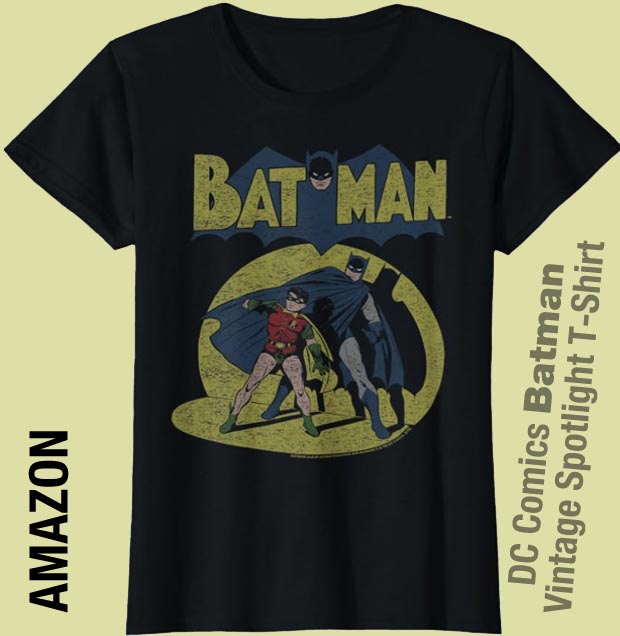Comic Book Stores: can they survive

Comic Book Stores: can they survive
Each year the evidence keeps coming in that in the face of the onslaught of digital entertainment, printed comic books and those who sell them are facing continually mounting pressures.
"Comic book shops are shutting their doors. In 2017, 50 American shops closed. Between 1997 and 2018, dollars from comic sales fell by 16.53%, adjusting for inflation. As retail aggressively moves away from storefronts to the internet, comic book shops need to sell the in-store experience that online retailers like Comixology and Marvel Unlimited cannot possibly provide."
Quote above from interesting survey of comic book sales troubles at BleedingCool
The many challenges for the field of comic books selling is mentioned in the article, with a lot of commentary in the comments section [scroll downward after article]:
Some take-a ways:
Can the "binge" model translate into positive comic book sales?
Are pamphlet single-issue comics doomed?
Will publishers have to turn themselves into mini-Amazons to compete?
In the course of the article page and comment section at Bleeding Cool there is the call for comic book publishing to return to general distribution, harkening to an era when comic books were in "spinner racks" throughout the retail shop chains of America. I've heard this idea before, along the lines of "print comics on cheapest newsprint possible and make them so cheap that they'll sell in the millions again and the profits will come off the margin of pennies on those millions."
This strikes me as an impossible dream. I remember when comic books were transitioning from general distribution to comic book specialty stores, and it wasn't a happy transition for the big publishers. The general distribution model collapsed, and has been noted by people in the business at the time (Jim Shooter for example), the specialty stores saved the industry. The hard truth wasn't that kids no longer wanted those particular titles the publishers were creating, it was that the majority of kids didn't want comic books at all. The difference were the collectors who were in enough numbers to keep the system, transplanted from general magazine distribution into the smaller specialty system, alive.
The great gift of comic books isn't printing, but that it is a place where creative talents can put together stories and visuals that isn't being done elsewhere.
The truth of the matter, for me, is that comic books seem to be upstream from the bigger entertainment machines, and what's new and popular in comic books seems to become profitable when it finally hits the more passive entertainment spheres later.
If there's any satisfaction to be had from being first, it would be to see how much these other mediums are picking the bones of comic book culture, the industry that seems to be constantly dying and simultaneously regrowing itself from the corpse. The marriage of text and pictures, especially as a sequential artform, isn't going to die, though pamphlet comics may reach a very low nadir, and the point is to remember that these two things are not the same thing.

Original Page October 2019

